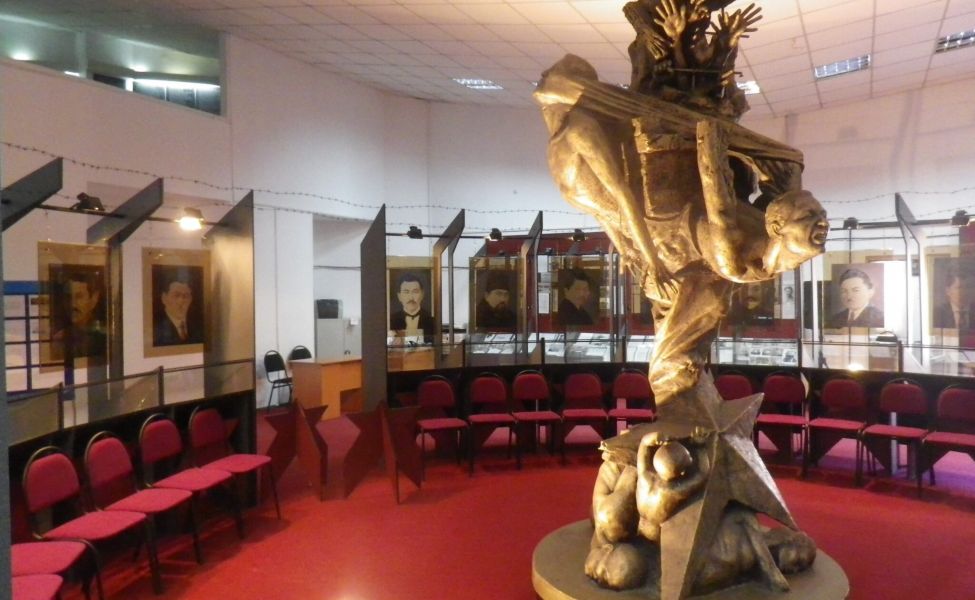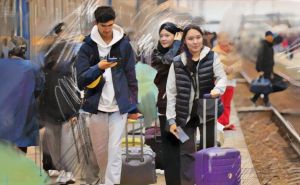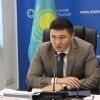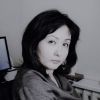
The Aktobe court based its decision on documents from the university and the prosecutor’s office, as well as witness testimony
Four decades after participating in anti-Soviet protests in Kazakhstan, a 64-year-old man has been recognized as a victim of political repression by a court in the former Soviet republic.
The ruling is part of a sweeping effort by Kazakhstan’s government to rehabilitate the reputations of people who faced persecution during Soviet rule, which ended when the country became independent in 1991. Many cases go back to a time of forced resettlement, famine and execution nearly a century ago, drawing on documents and the expertise of scholars and other specialists that lay bare historical trauma even as Kazakhstan maintains close trade and diplomatic ties with its neighbor, Russia.
On Thursday, Kazakhstan’s Supreme Court released a statement about a more recent case, saying a resident of Aktobe city in western Kazakhstan who was a philosophy and economics student at Kazakh State University had been expelled for allegedly disturbing public order.
“The reason for his expulsion was his detention by law enforcement officers on December 18, 1986 – on suspicion of participating in the December events, without charges being brought,” the court said. It did not name the student.
The so-called December events refer to a 1986 protest movement called the Jeltoqsan that young people began in Almaty, then known as Alma-Ata. The demonstrations escalated into clashes with Soviet security forces and lasted for several days. The catalyst for the upheaval was the removal of Dinmukhamed Kunaev, an ethnic Kazakh who was the first secretary of Kazakhstan’s Communist Party, and his replacement with an ethnic Russian. The direct challenge to authority highlighted the erosion of Moscow’s control that would eventually end with the collapse of the Soviet Union.
According to Kazakhstan’s Supreme Court, the student who was detained was freed, but he was expelled from the Communist Party, faced persecution, and couldn’t find a job. His wife was also turned down for jobs. Between 1990 and 1993, the couple and their three young children had to rent housing and were in a “socially vulnerable position,” the court said.
This year, the man, now 64 years old, filed a lawsuit to be recognized as a victim of political repression because of his participation in the 1986 protests.
Court No. 3 of Aktobe agreed that he had been subjected to political persecution, including restrictions on labor rights, the Supreme Court said. The Aktobe court based its decision on documents from the university and the prosecutor’s office, as well as witness testimony.
Kazakhstan’s law on rehabilitation of victims of political repression can provide for the restoration of violated rights as well as financial compensation.
By the Times Of Central Asia.
Image: TCA, Stephen M. Bland. (The Museum of Victims of Political Repression in Shymkent).
YOU CAN SHARE YOUR OPINION AND DISCUSS THE ARTICLE ON OUR TELEGRAM CHANNEL!









